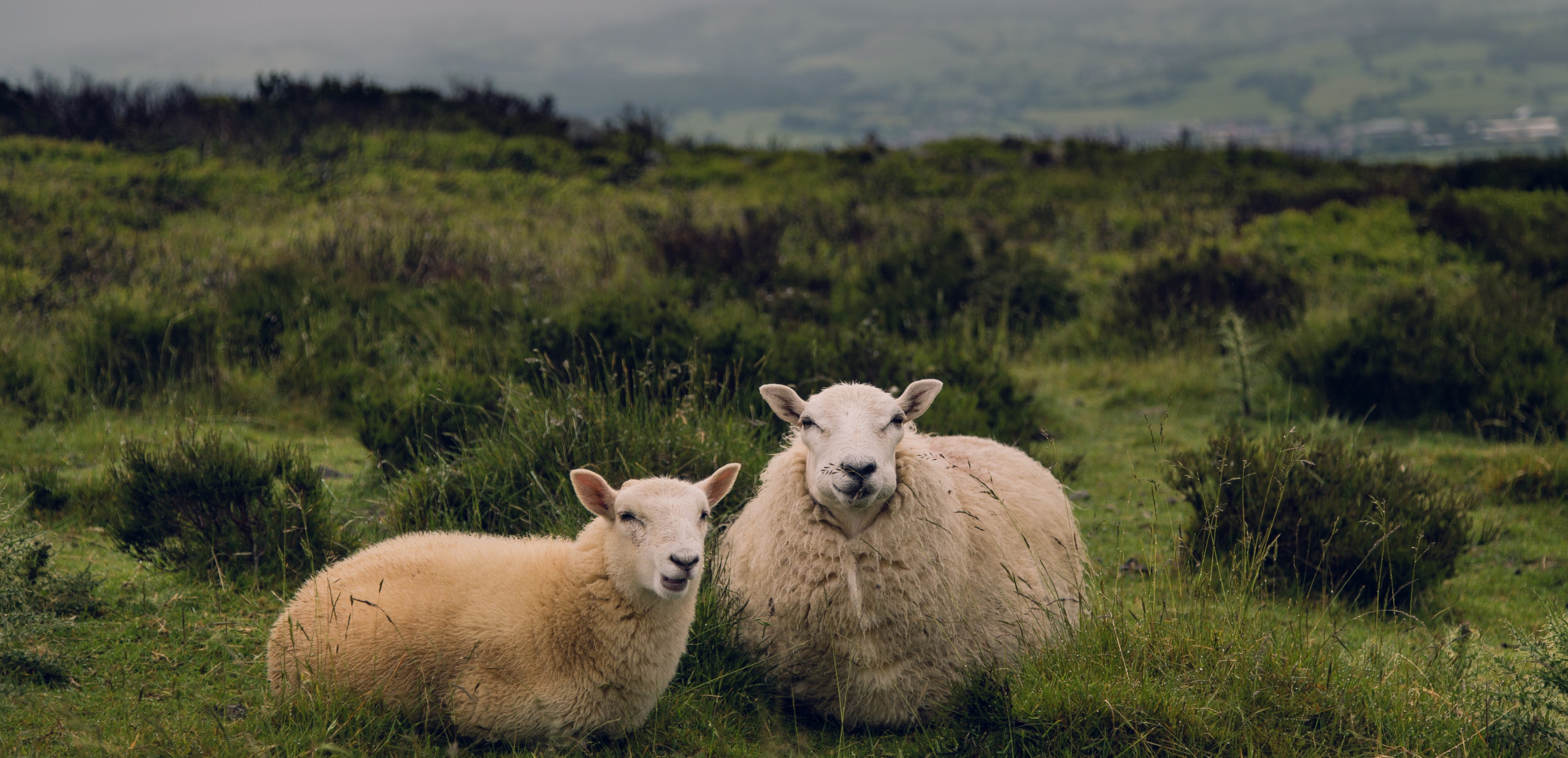On-Farm Emissions Reduction
Posted: 17 December 2019
On 24 October 2019 the primary sector launched the ‘Primary Sector Climate Change Commitment: He Waka Eke Noa – our future in our hands to manage agricultural emissions.’ He Waka Eke Noa kicks off a collaborative five-year joint action plan between the agriculture sector, the government and iwi with the target of decreasing farming emissions and developing a farm emissions pricing scheme. If the action plan produces satisfactory results, agriculture will not be brought into the Emissions Trading Scheme (ETS) under the proposed Climate Change Response (Emissions Trading Reform) Amendment Bill.
Targets in the plan
The action plan includes:
- Improved tools for estimating and benchmarking emissions on farms
- Integrated farm plans that include a climate module
- Investment in research, development and commercialisation
- Increased farm advisory capacity and capability
- Incentives for early adopters, and
- Recognition of on-farm mitigation such as small plantings, riparian areas and natural cover.
Backstop option if progress is unsatisfactory
The agreement gives farmers until 2024 to start reporting livestock emissions, and until 2025 to finalise a way of pricing agricultural emissions. A Climate Change Commission review is scheduled for 2022. If the government isn’t satisfied with the sector’s progress, there is a backstop option to bring the agricultural sector back into the ETS.
Under the backstop option, fertiliser emissions (charged at a processor level) and livestock emissions (charged at a farm level) would be brought back under the ETS. Emitters would receive a 95% discount, or ‘free allocation of emissions units’. In comparison, trade-exposed industrial emitters currently receive 60% to 90% discounts. The revenue from the 5% chargeable emissions would be recycled back into agriculture in order to encourage agricultural innovation, mitigation and additional forestry planting.
Some commentators believe this rate to be far too light, working out at an estimated $0.01 per kilogram of milk solids. However, the Prime Minister, Jacinda Ardern, has stated that the government doesn’t want to bring the sector fully into the ETS and then see it collapse under that weight. If the sector is to be brought into the ETS, there must be a gradual transition to a lesser discount.
However, that transitional period is not yet well-defined or planned out and could lead to issues in the future, says Dave Frame, Victoria University of Wellington (VUW), Professor of Climate Change and Director of the New Zealand Climate Change Research Institute.
Some positive responses
Beef + Lamb New Zealand was positive about the five-year action plan, hoping that it would allow climate change to be addressed within a whole farm systems framework, encompassing water quality, biosecurity, biodiversity, animal welfare and financial sustainability. Such a farm-based approach would also allow farmers to count offsets from carbon sinks. In its media release, Beef + Lamb said:
“By working with the government, we now have the best opportunity to develop a framework that is practical and simple for farmers, rewards positive change and supports the sector to reduce and offset farming’s emissions.”
Federated Farmers was also pleased that the agricultural sector’s contribution to decreasing emissions will be guided by He Waka Eke Noa rather than by the ETS. It said the ETS could not work for agriculture as it would simply take money out of farmers’ pockets instead of encouraging investment into the land. A tax-based approach didn’t give farmers the skills, resources or data they needed to implement real change.
And the negative
Not all reactions were positive. Dr Russel Norman of Greenpeace felt that the sector should have been brought immediately into the ETS, rather than delaying change by another five years. Dr Ivan Diaz-Rainey, Director of the University of Otago’s Climate and Energy Finance Group, was happy to see the agricultural sector taking the lead but was concerned that it wouldn’t grasp the opportunity to form a genuine emissions plan before the review. He believes that the strength of the policy could be curtailed by New Zealand’s short political cycle.
Want to know more? Download the full newsletter
DISCLAIMER: All the information published in the Property eSpeaking, Commercial eSpeaking, Trust eSpeaking, Rural eSpeaking, and Fineprint newsletters is true and accurate to the best of the authors’ knowledge. It should not be a substitute for legal advice. No liability is assumed by the authors or publisher for losses suffered by any person or organisation relying directly or indirectly on this article. Views expressed are those of individual authors, and do not necessarily reflect the view of this firm. Articles appearing in Property eSpeaking, Commercial eSpeaking, Trust eSpeaking, and Fineprint may be reproduced with prior approval from the editor and credit given to the source. Copyright, NZ LAW Limited, 2019. Editor: Adrienne Olsen. E-mail: [email protected]. Ph: 029 286 3650 or 04 496 5513.
